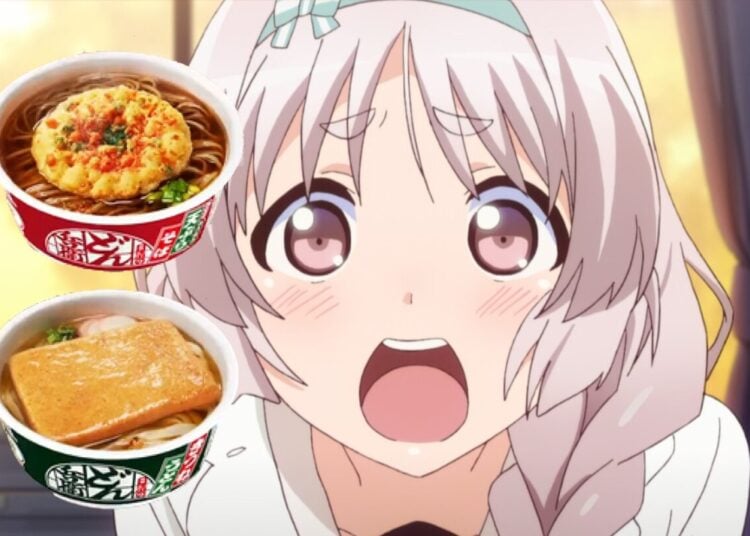My wife’s parents’ birthdays both fall around this time of year, and we usually celebrate by getting in the car and heading to our favorite 焼き肉 yakiniku (Korean BBQ) restaurant, which is kind of like going out for Italian in the U.S. — it sort of qualifies as eating ethnic, but just barely. Just as the production of cardboard boxes can indicate which way the U.S. economy is headed (this is called the Cardboard Box Economic Indicator and it’s real), you could track the general health of Japan’s economy by how many families feel confident enough about their economic situation to splurge on a big meal of Korean BBQ…and based on the crowds we saw, it looks like Japan’s economy is finally improving. At a Korean BBQ restaurant you order large plates of beef, chicken and various vegetables then cook it on a gas or charcoal grill right at the table, and everyone stuffs themselves until you can smell the meat coming out of your pores. If you want to be a little more authentically Korean, order some lettuce leaves and wrap a piece of meat, some steamed rice and a dab of miso paste in the lettuce before you pop it all in your mouth — yum. If you’d like to try Korean BBQ, there are likely some restaurants in your city, but make sure you never imply to the staff that you think kimchee comes from Japan and not Korea. Trust me on this.Yes, Korea and Japan have a long history of cultural and economic sharing, of which the Japanese love of Korean BBQ is just one example. Several large industries such as pachinko are dominated by zainichi (“residing in Japan”) Koreans, who are born here yet maintain South or North Korean citizenship for cultural reasons. Many top names in Japan’s entertainment world are Korean, and former South Korea president Lee Myung-bak was actually born in Osaka. Sometimes when we post “Japanese” products like Black Black Caffeine Gum or those cute March of Koala cookies to the site, I’ll get an email from a Korean reminding me that Lotte is a Korean company, not Japanese…and yet the international conglomerate got its start in Tokyo in 1948 before moving over to South Korea when relations were normalized in 1965. It’s quite interesting that the richest and most successful man in Japan isn’t Japanese but zainichi Korean. Masayoshi Son (Korean name Son Jeong-ui) received business advice at a young age from the legendary Fujita Den, the founder of McDonald’s Japan, who told him to go to the U.S. and study electronics and microchips at Berkeley. He was able to use the his American business education to “think outside the box” and build a fabulous portfolio of businesses, and he’s the president of Softbank and Sprint and chairman of Yahoo Japan.

Eating Korean BBQ and talking about Korean influence on Japan.














